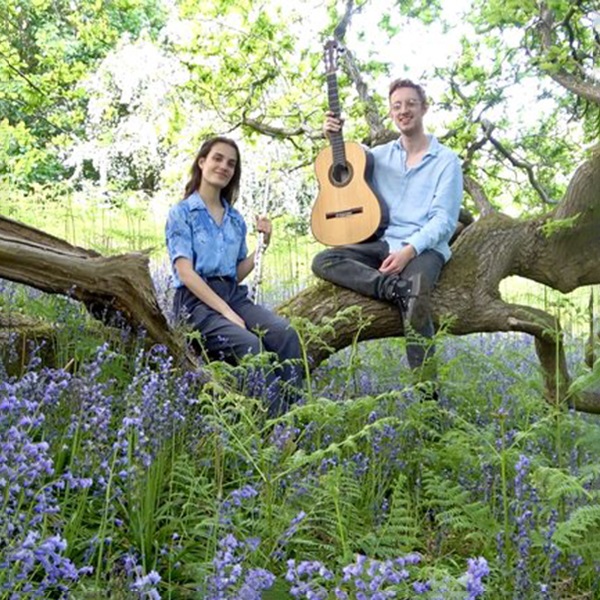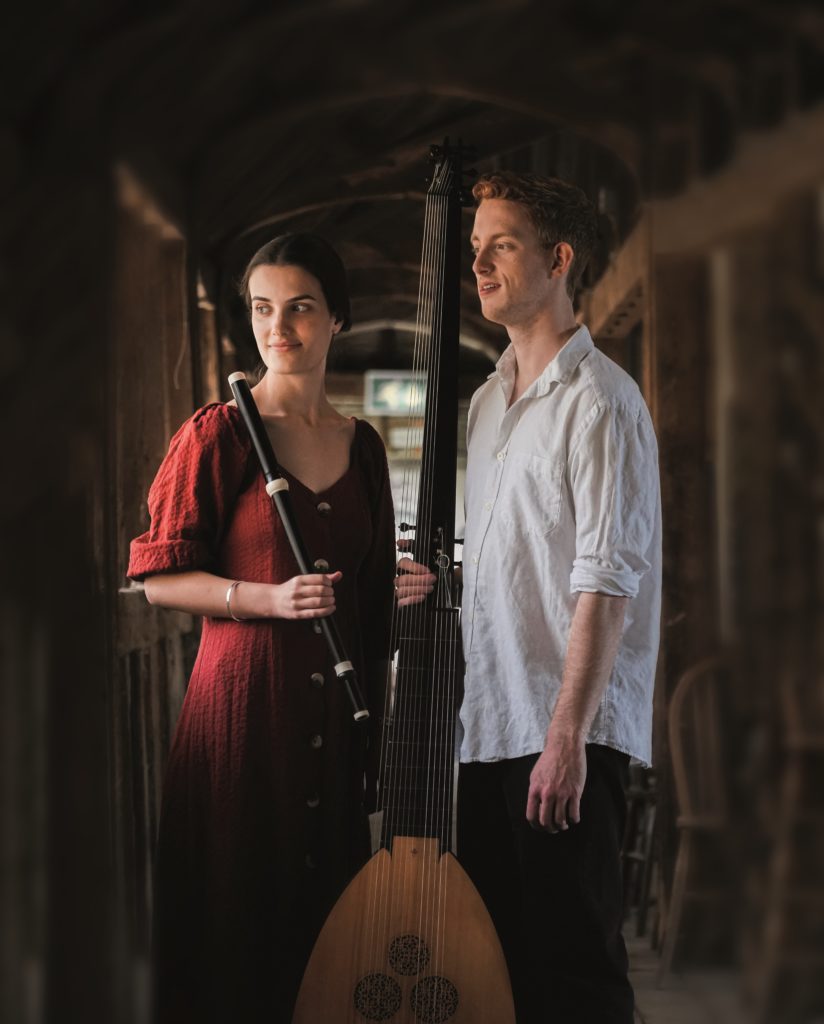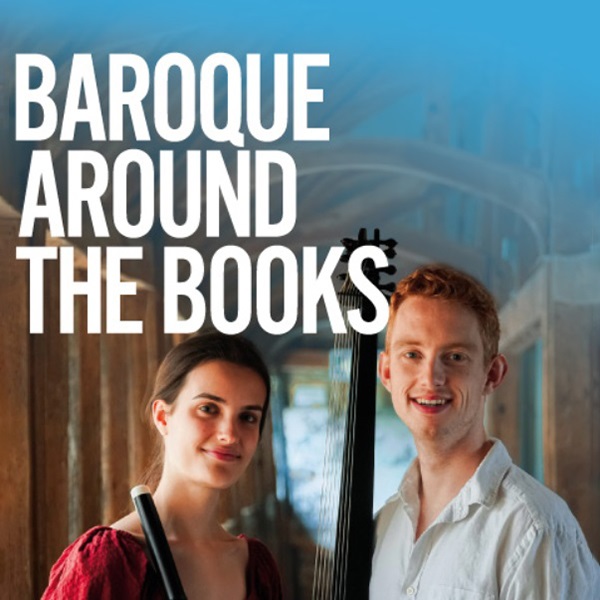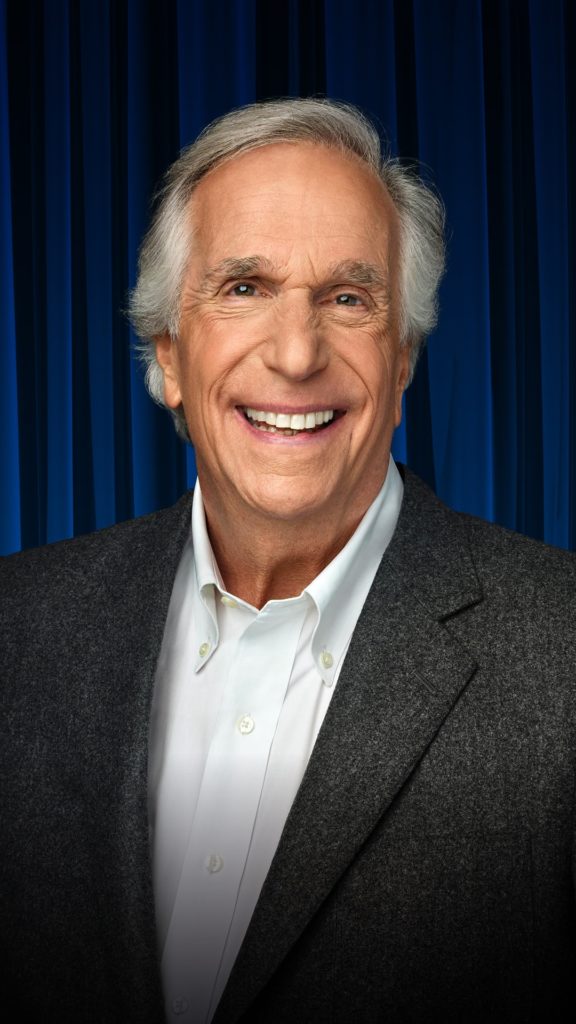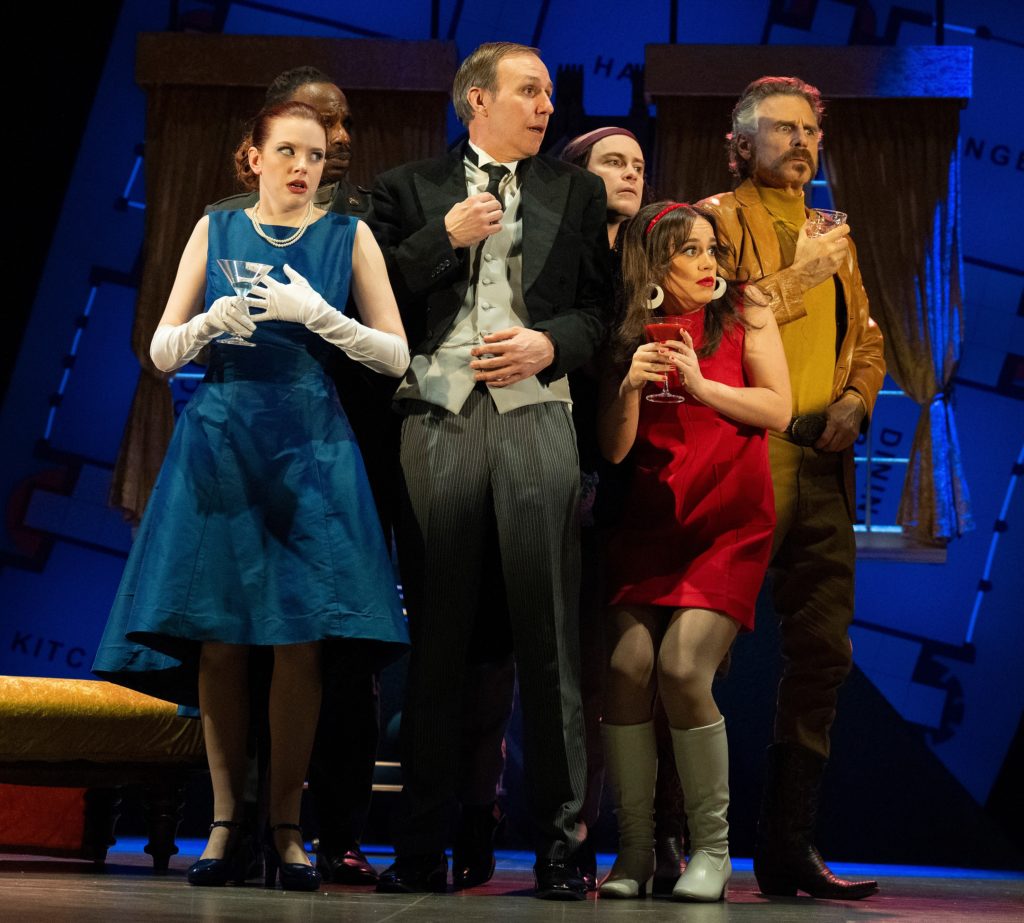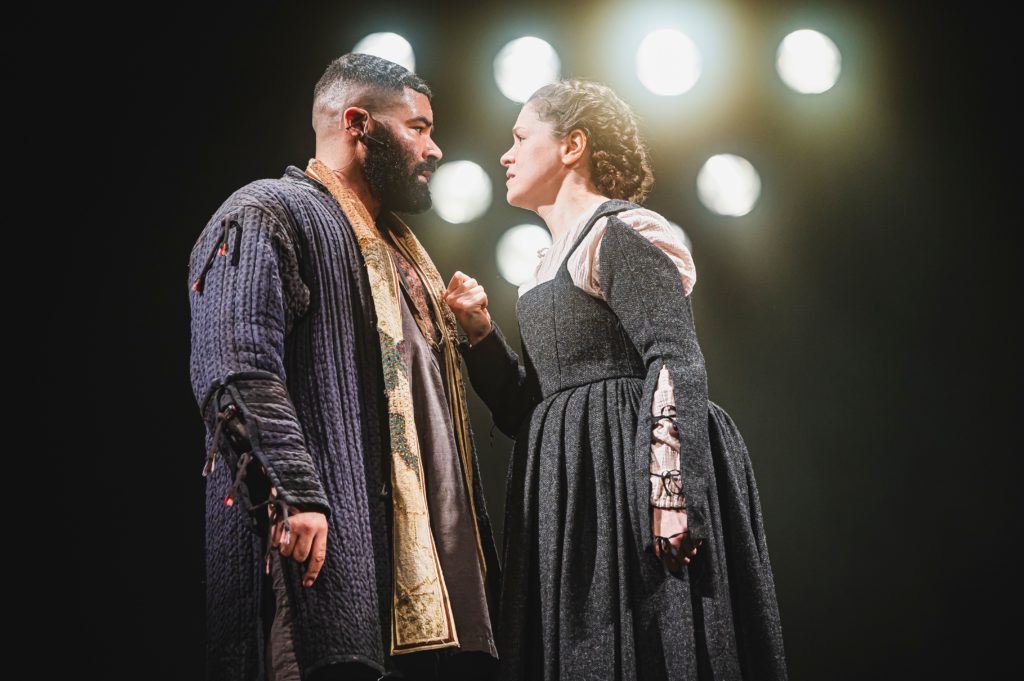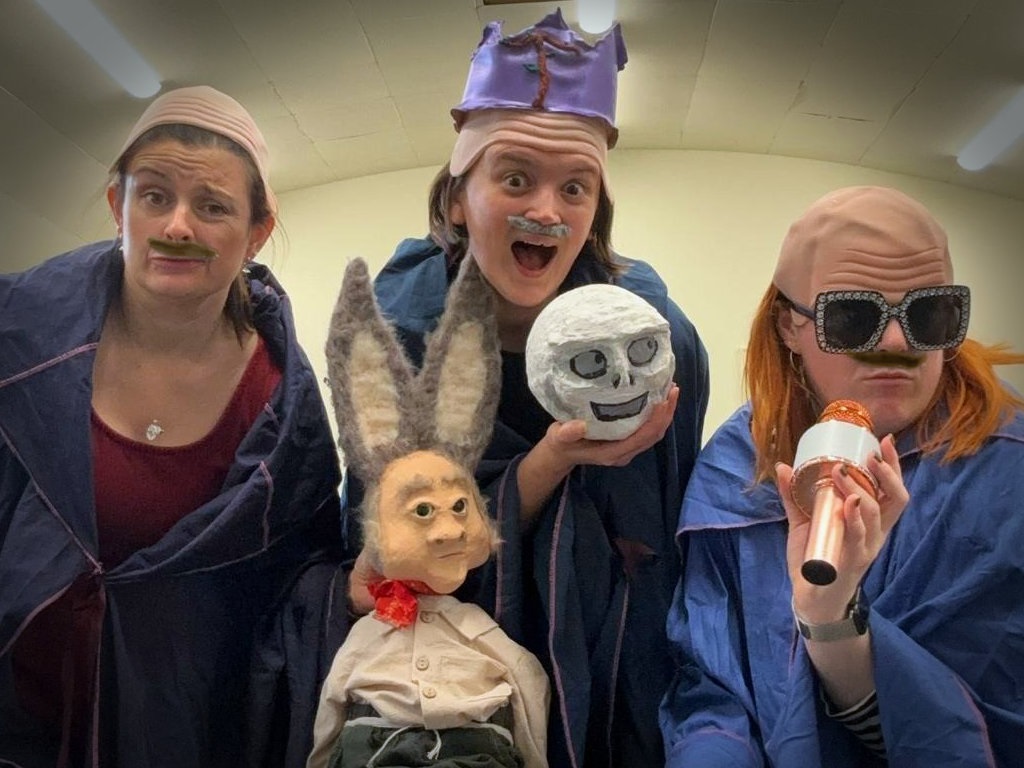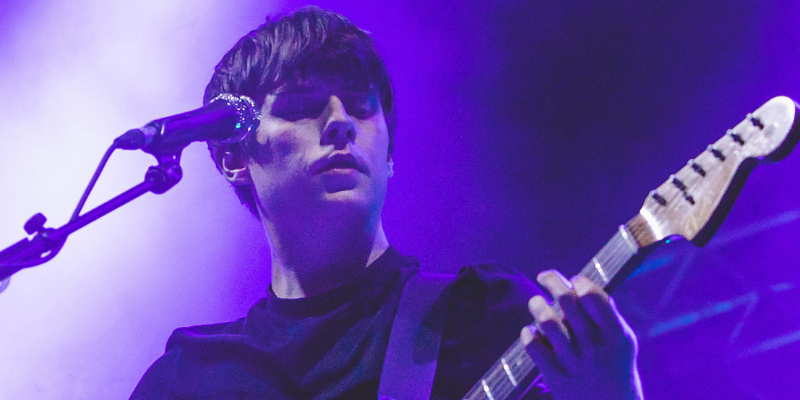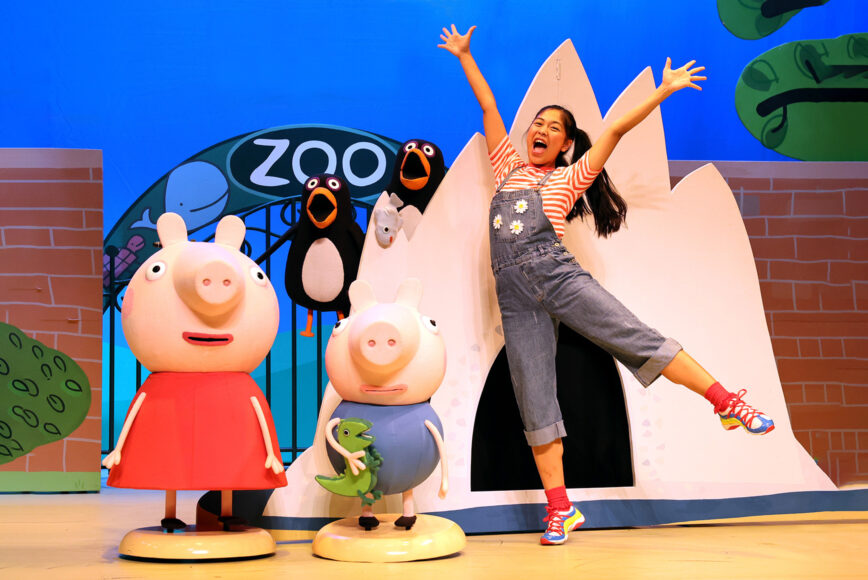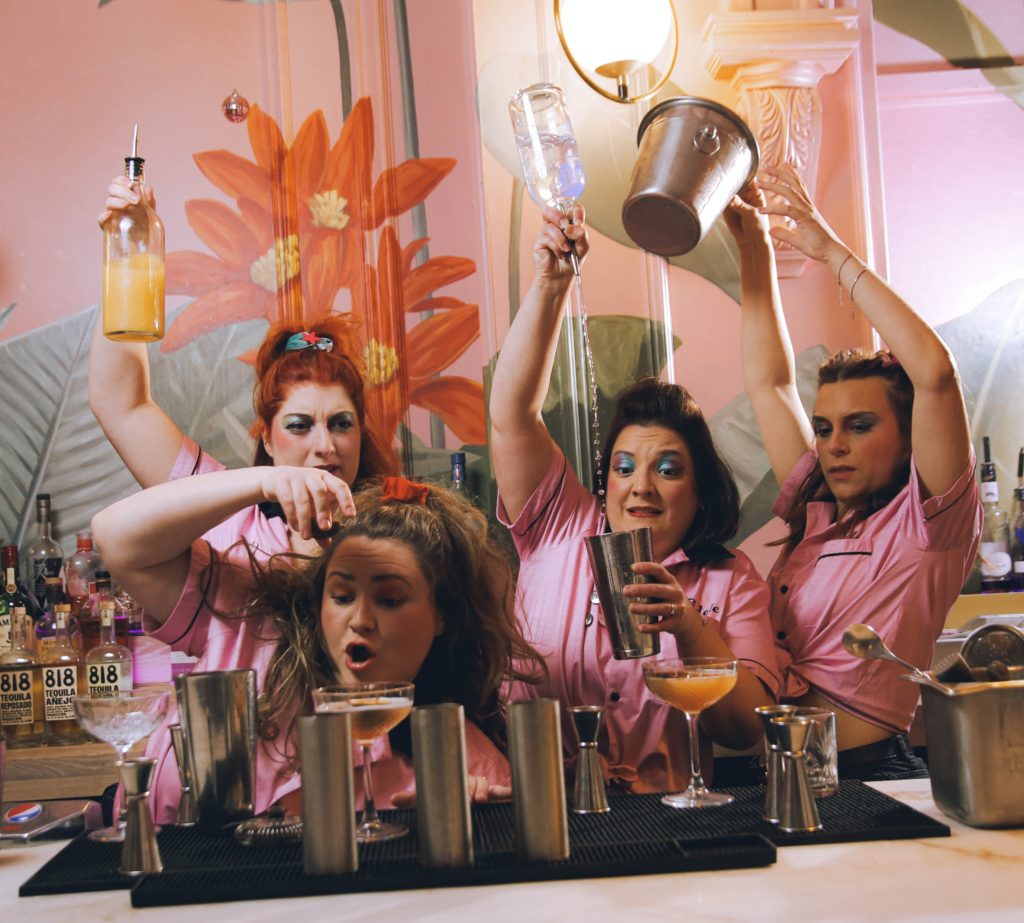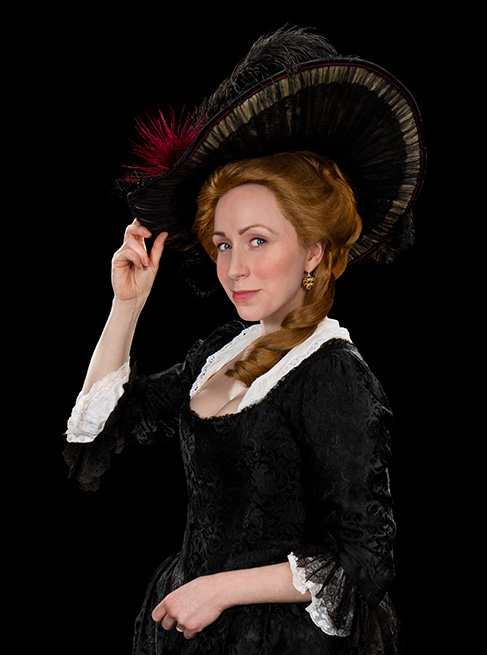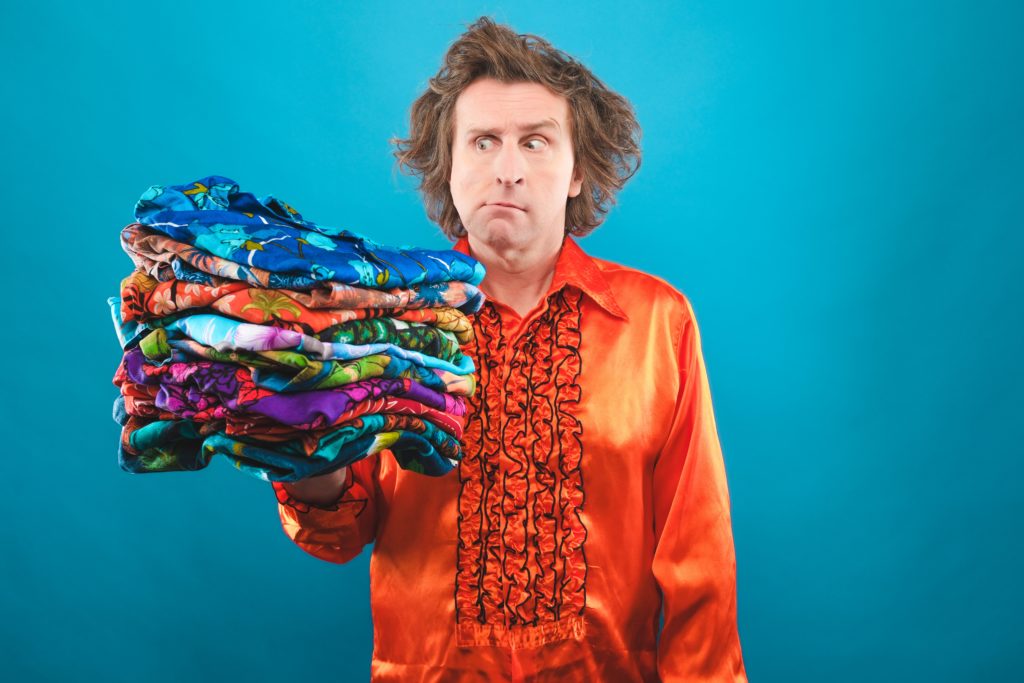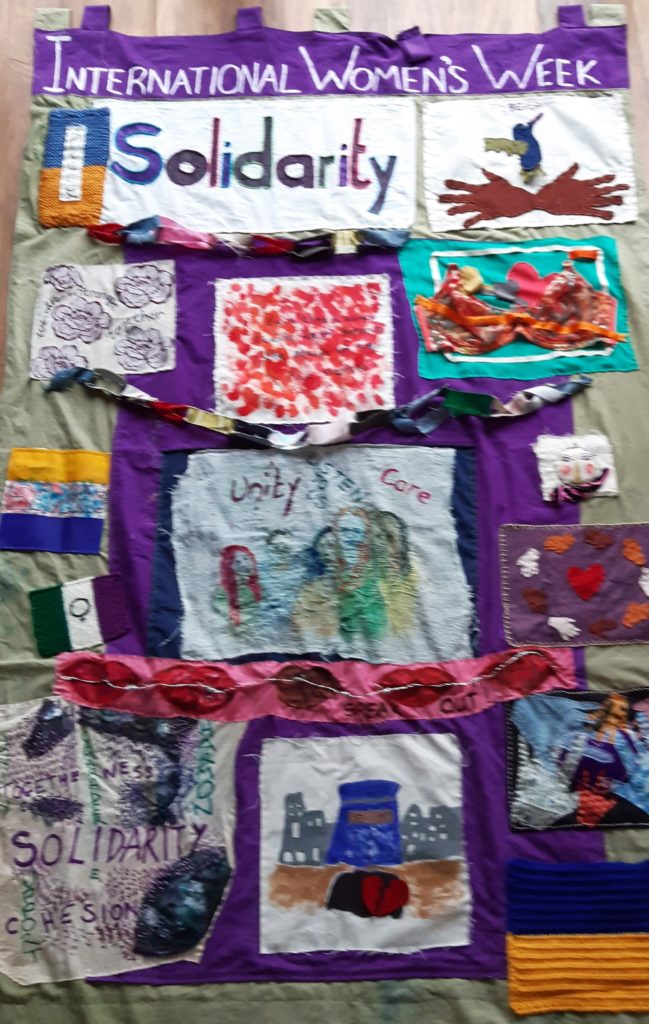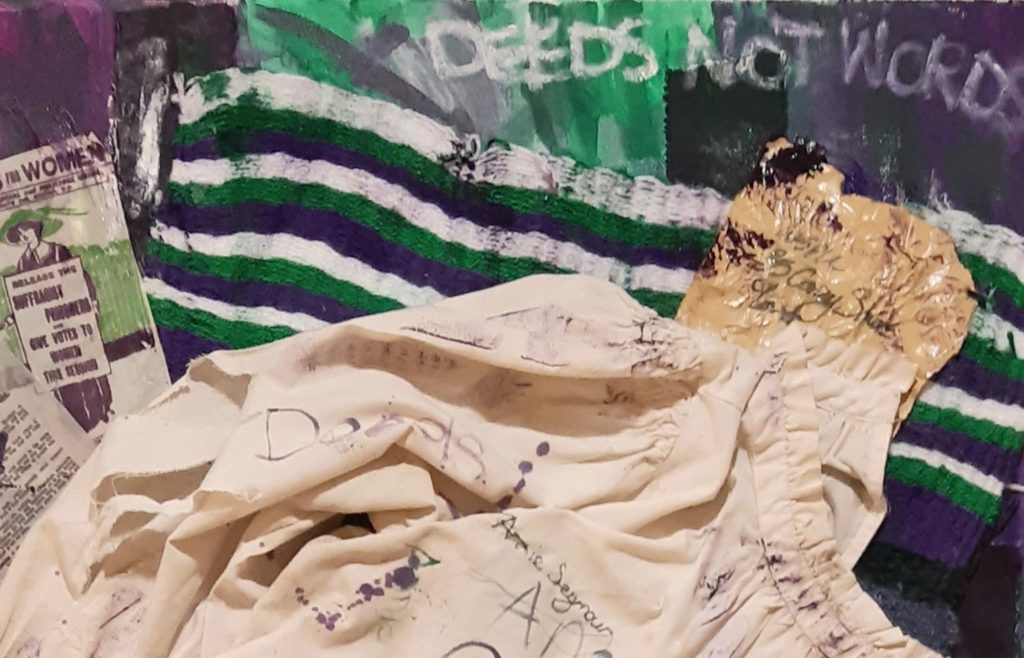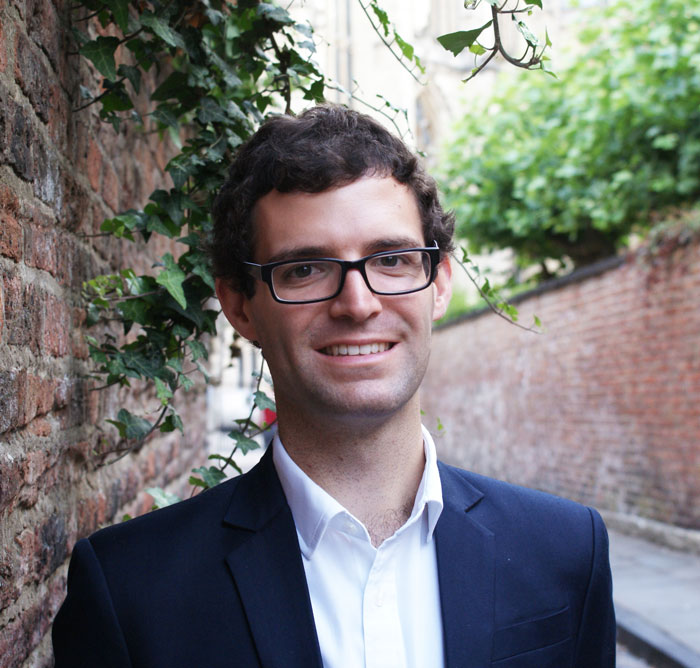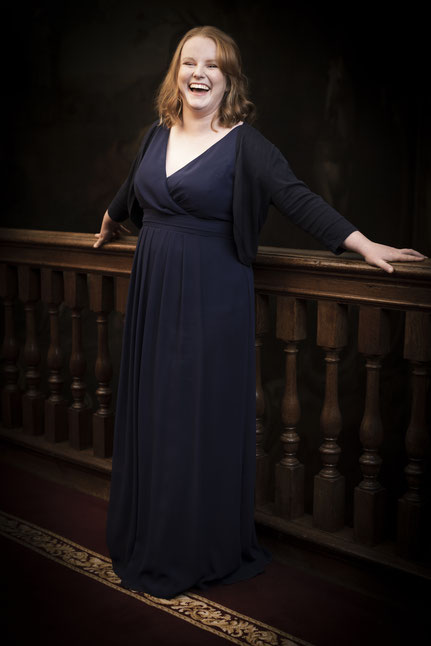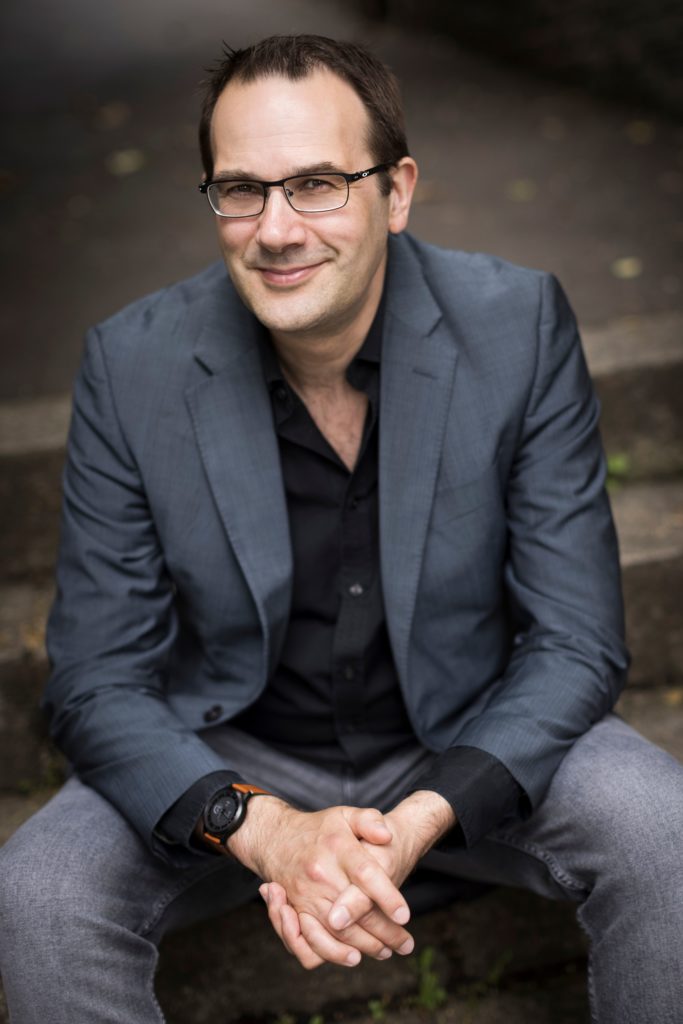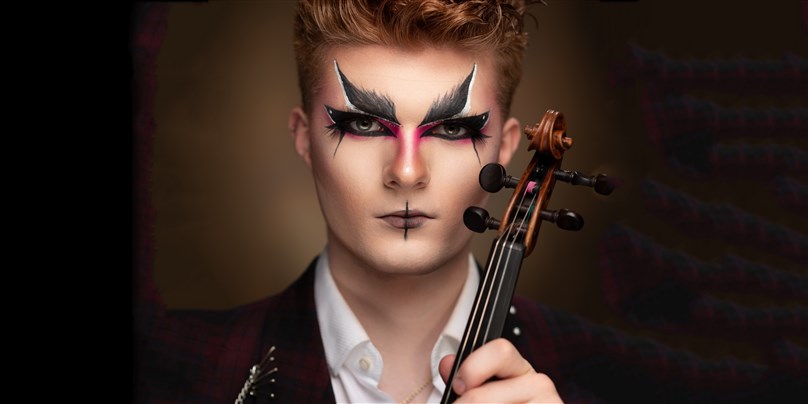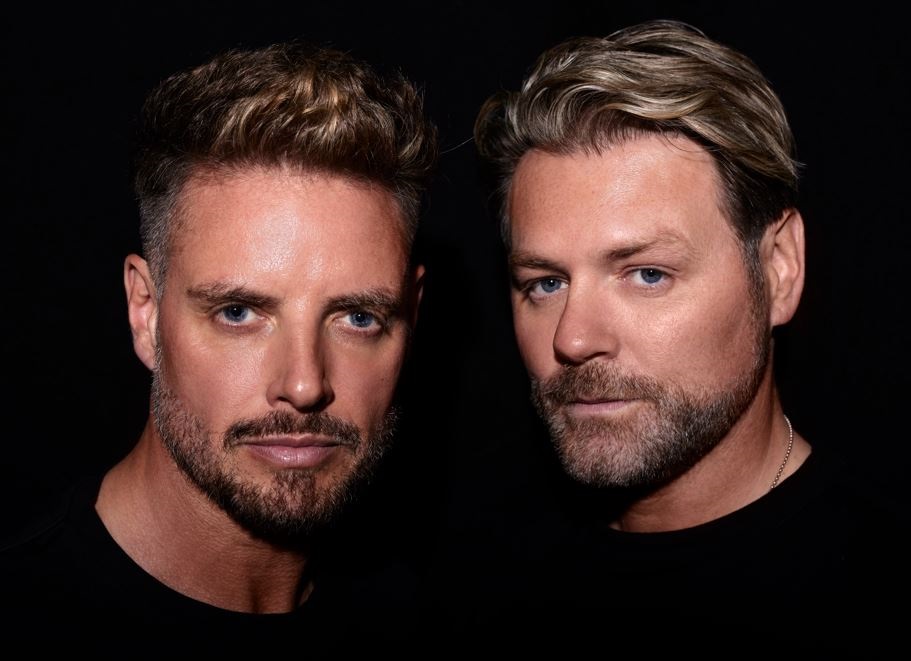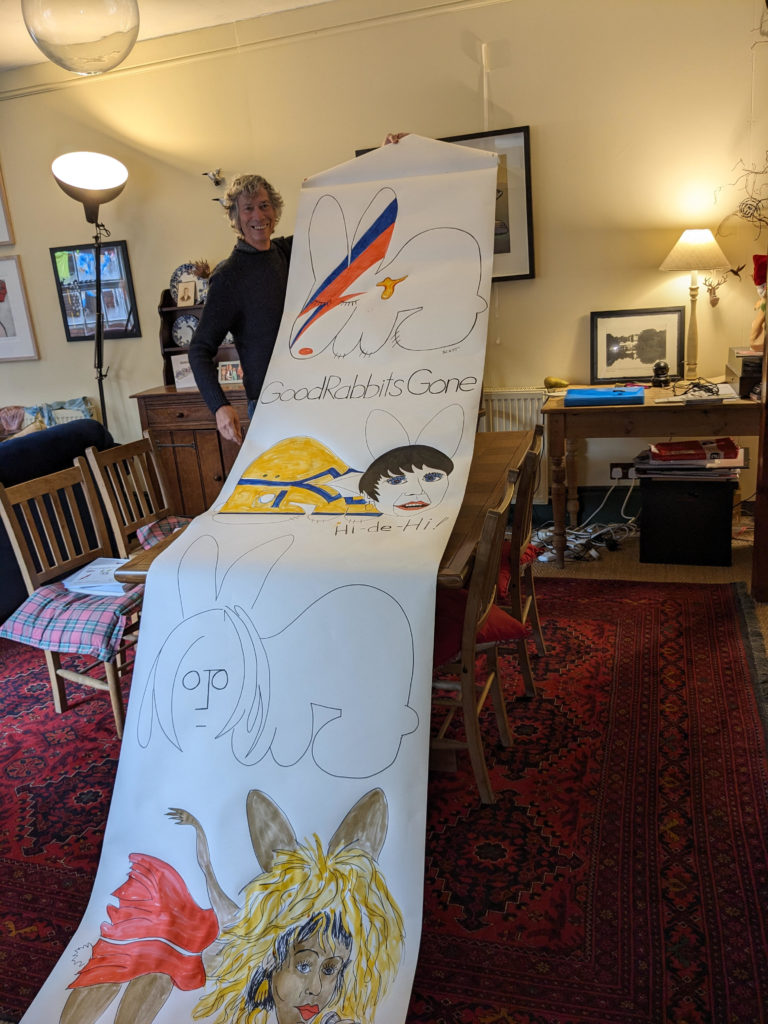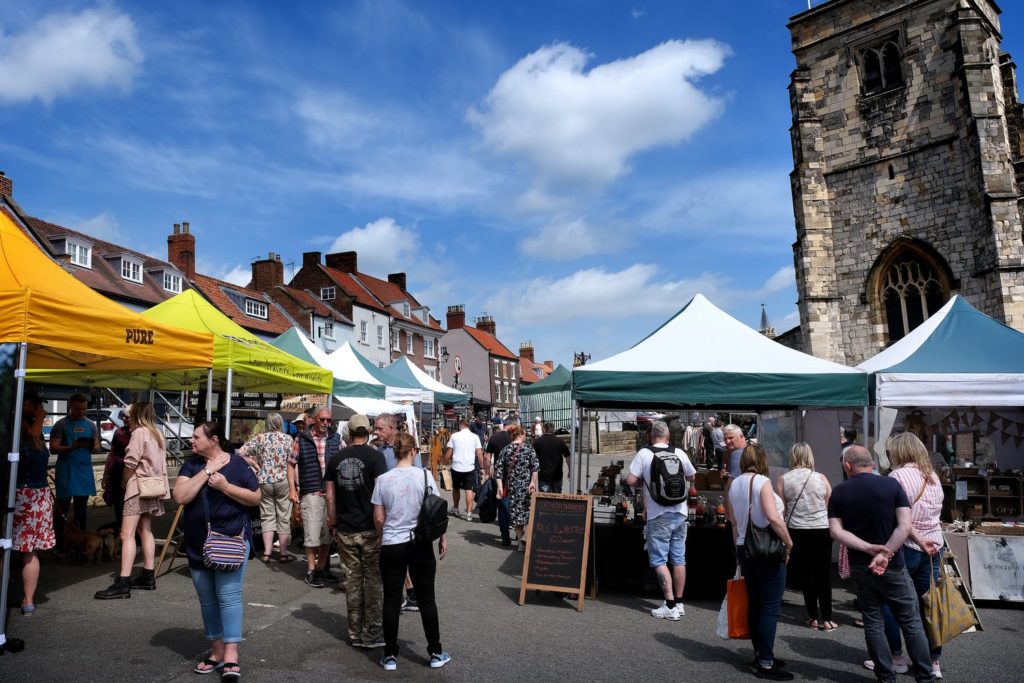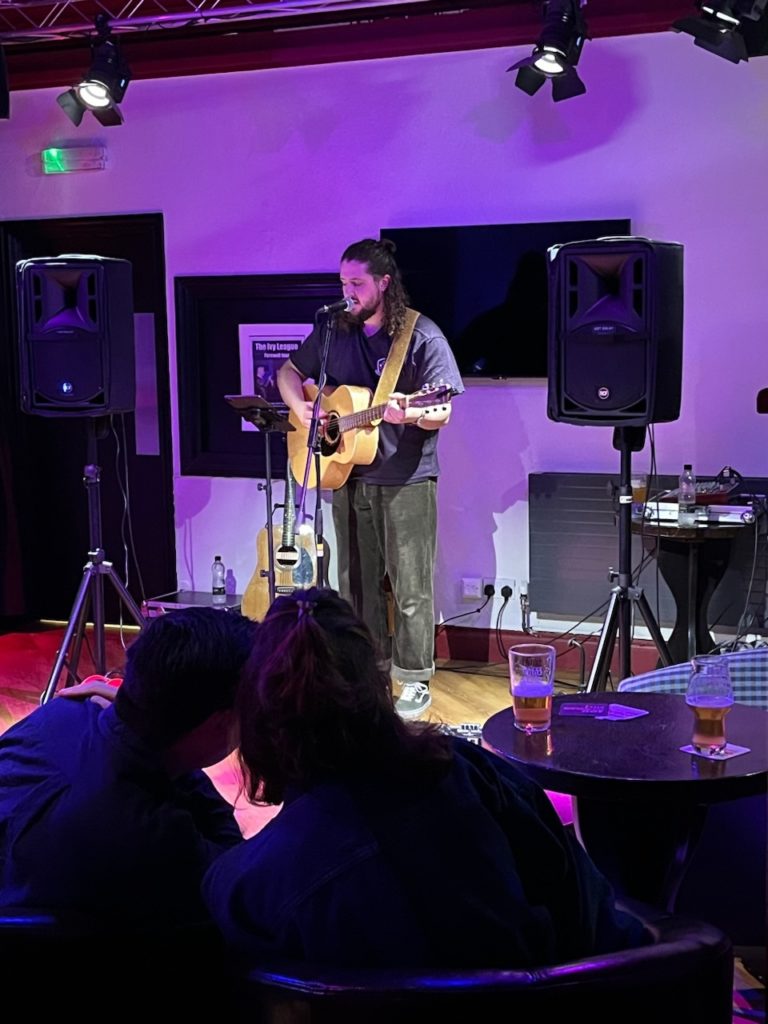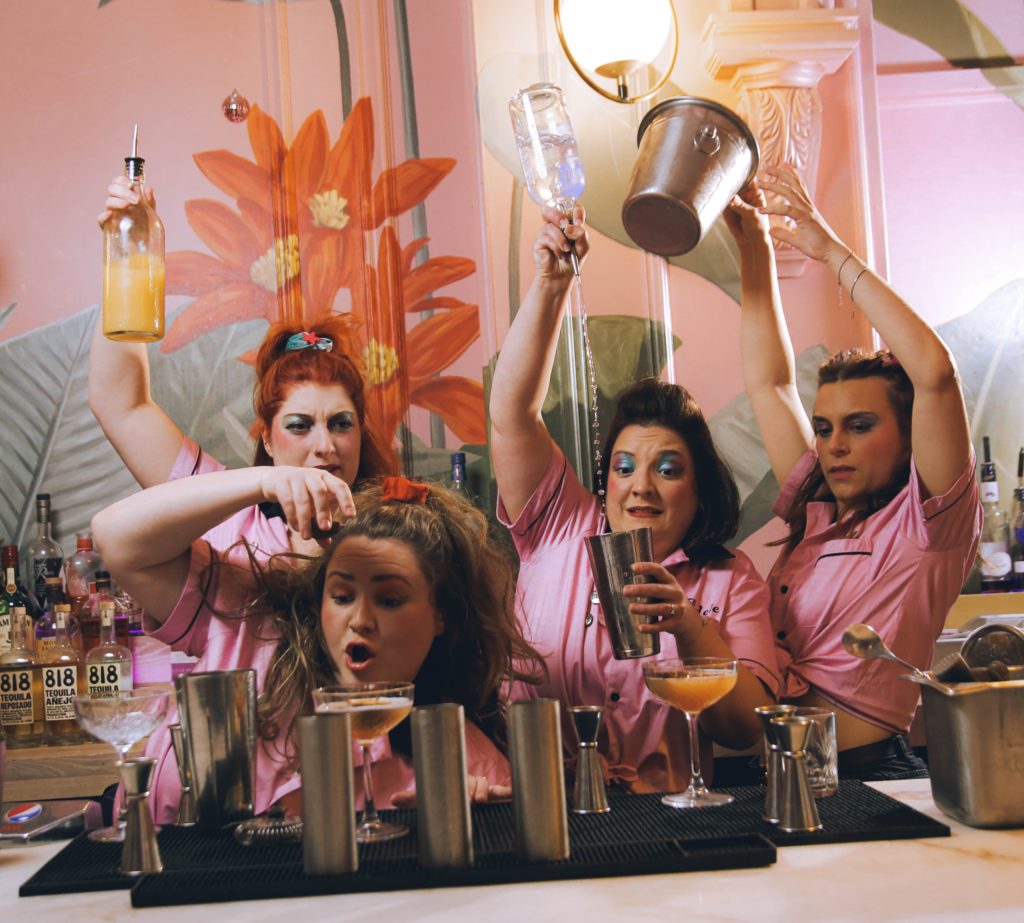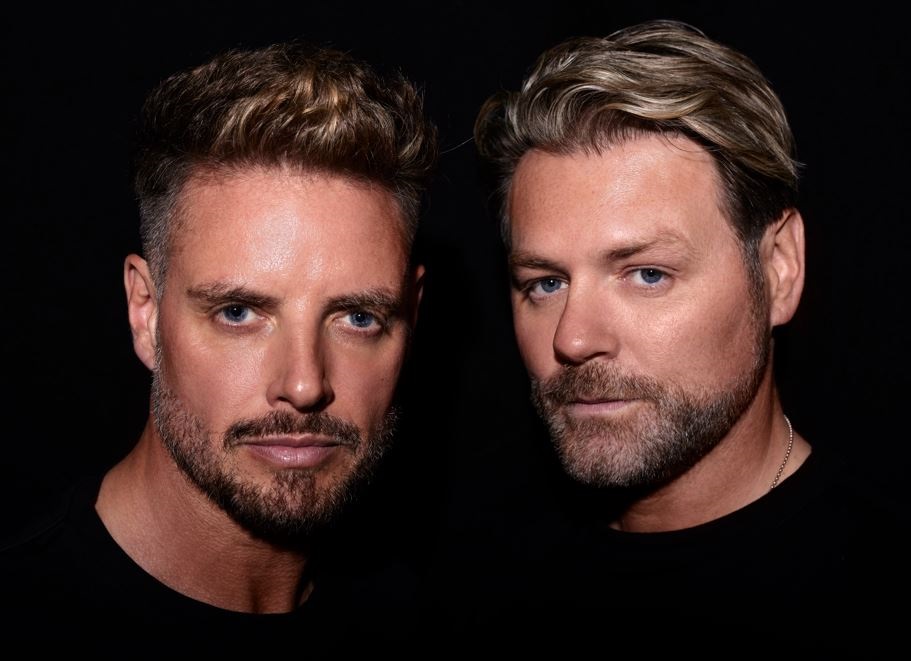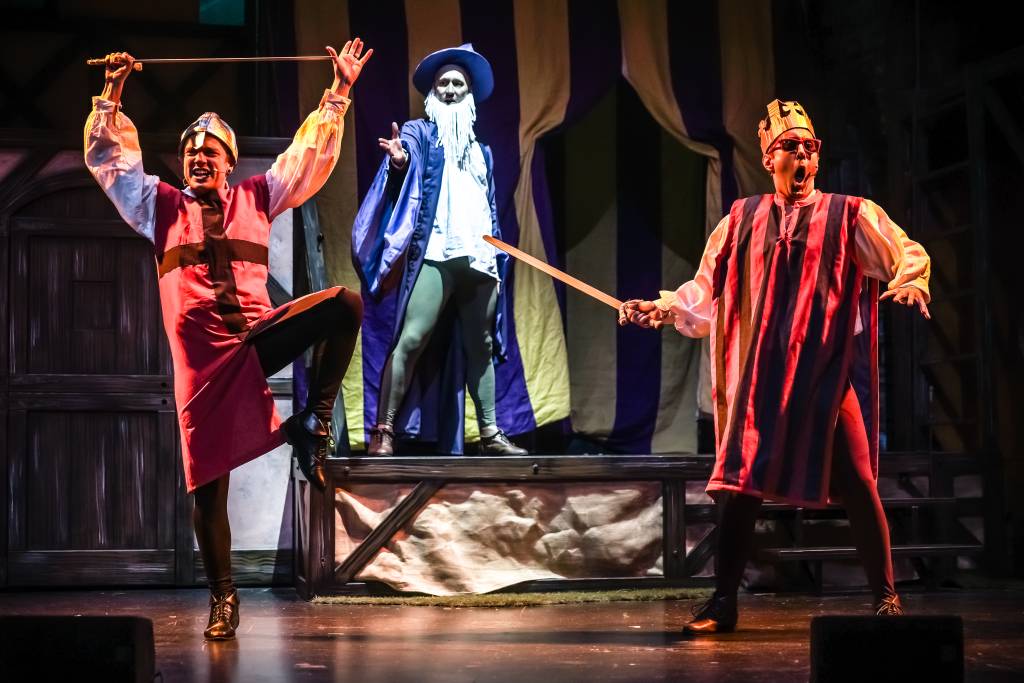
COMEDY legends and Arthurian tales, Welsh rock firebrands and an Italian dance champion, a Scottish folk queen and a school talent troop have Charles Hutchinson reaching for his diary.
Legend of the week: Le Navet Bete in King Arthur, York Theatre Royal, March 21 to 23, 7.30pm and 2.30pm Saturday matinee
AFTER Treasure Island and Dracula: The Bloody Truth, Le Navet Bete head back to York Theatre Royal for a retelling of the Arthurian legend, King Arthur, in their inimitable comedic style. Camelot is in trouble, and Arthur knows that if he fails to turn things around, this civilisation will be forgotten and be known as nothing more than a rather dull time in British history.
When three hapless squires approach him about changing that legacy, however, a legend is born in a new comedy for the ages, suitable for the whole family. Box office: 01904 623568 or yorktheatreroyal.co.uk.
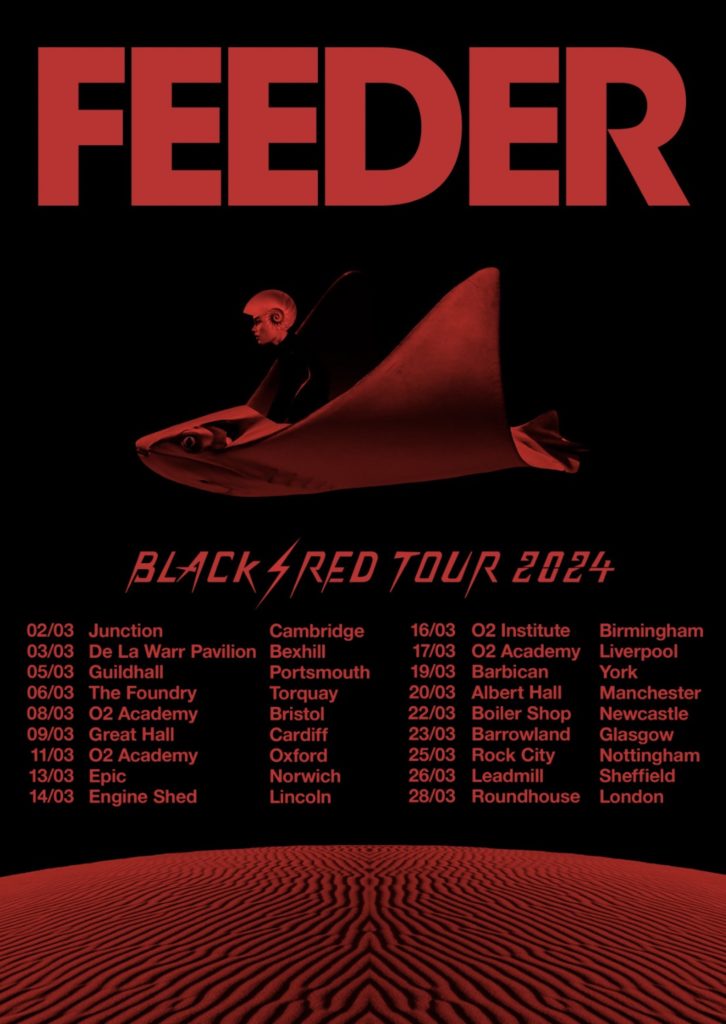
York gig of the week: Feeder, supported by Girlband!, York Barbican, March 19, 8pm
ANTHEMIC Newport rock band Feeder mark their 30th anniversary with a spring tour and the April 5 release of a new studio double album, Black/Red, on Big Teeth Music.
Accruing seven million record sales, Grant Nicholas and Take Hirose’s group chalked up 20 Top 40 hits from 1997’s High to 2008’s We Are The People, and the likes of Just The Way I’m Feeling, Buck Rogers, Feeling A Moment, Tumble And Fall, Just A Day, Fear Of Flying and Lost And Found will surely feature in their set. Leeds Brudenell Social Club awaits on April 7 at 8pm. Box office: York, yorkbarbican.co.uk; Leeds, brudenellsocialclub.co.uk.
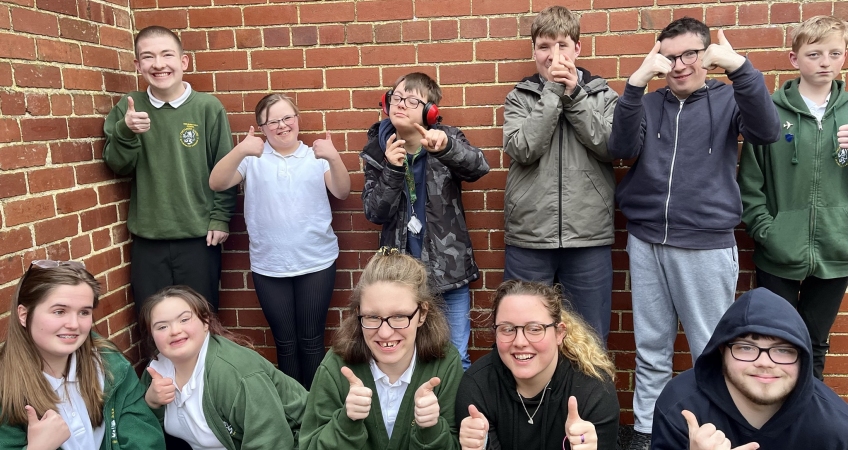
Community show of the week: Welburn Hall presents The Talent Troop, Helmsley Arts Centre, tomorrow (14/3/2024), 7pm
A SELECTION of students from Welburn Hall School, near York, takes to the stage once more for a variety performance. Prepare to be amazed by The Talent Troop in a fun-filled evening of music and dancing guaranteed to bring out the smiles. Look out for a fund-raising raffle and cake stall too. Box office: 01439 771700 or helmsleyarts.co.uk.

Tribute show of the week: Vicky Jackson: Pink!, Milton Rooms, Malton, Friday, 8pm
VICKY Jackson has been wowing audiences with her energetic portrayal of Pink, the Grammy-winning singer and songwriter from Doylestown, Pennsylvania, for more than a decade.
In bespoke costumes and accompanied by her five-piece touring band, Jackson presents all of Pink’s major hits from her 24-year career. Box office: 01653 696240 or themiltonrooms.com.
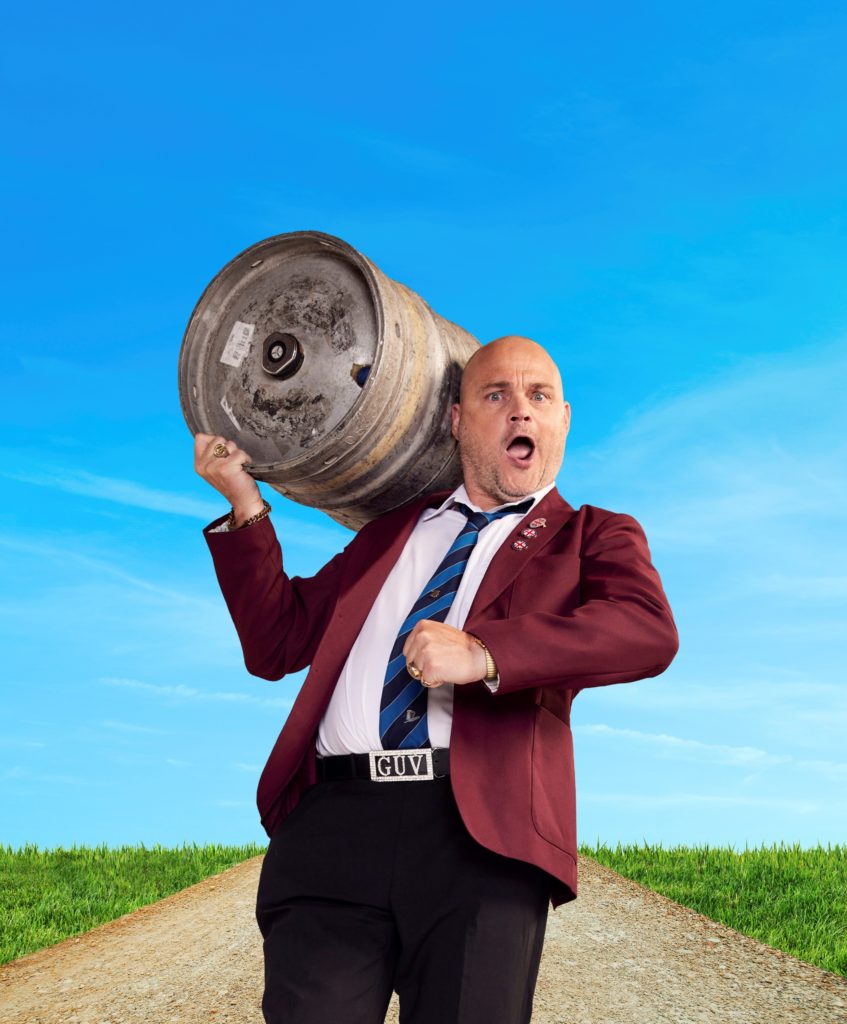
Comedy at the treble at the Grand Opera House, York: Al Murray, Guv Island, Sunday, 7.30pm; An Evening With The Fast Show, March 19, 7.30pm; Frank Skinner, 30 Years Of Dirt, March 21, 7.30pm.
STANDING up so you don’t have to take it lying it down anymore, Al Murray, the Pub Landlord, is back “to make sense of the questions you probably already had the answers to” in Guv Island.
An Evening With The Fast Show sold out suitably fast. Original cast members Simon Day, Charlie Higson, John Thomson, Paul Whitehouse, Mark Williams and Arabella Weir mark their 30th anniversary with behind-the-scenes insights into their television characters and catchphrases, recreating favourite moments too. Two nights later, Brummie comedian and TV and radio presenter Frank Skinner reflects on his own 30-year landmark. Box office: atgtickets.com/york.
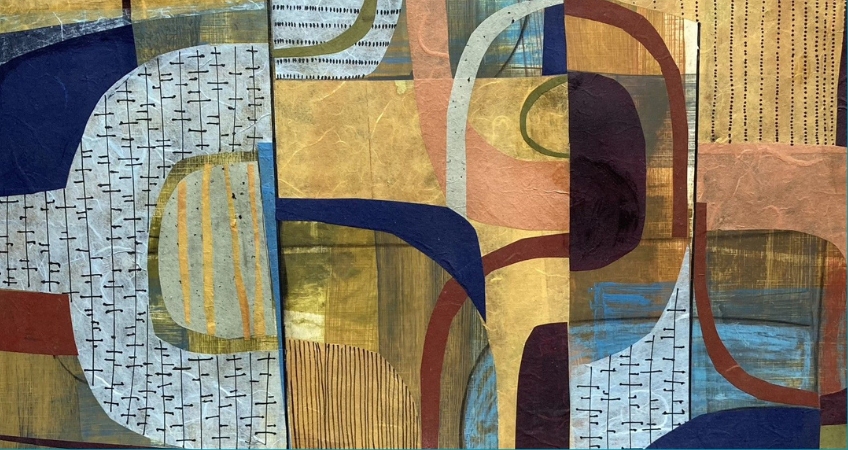
Exhibition of the week: Anna-Marie Magson, Beneath The Layers, Helmsley Arts Centre, until May 3
FROM her home studio in York, Anna-Marie Magson creates ceramics and artworks. Trained in fine art painting at Liverpool College of Art, she worked initially with clay, exploring surface decoration and textured pattern on tiles and panels.
Latterly, she has returned her focus to two-dimensional work, expanding her practice to encompass abstract collages, printmaking and painting to reflect her long-standing love of printed textiles and quilt designs and mid-20th century art.
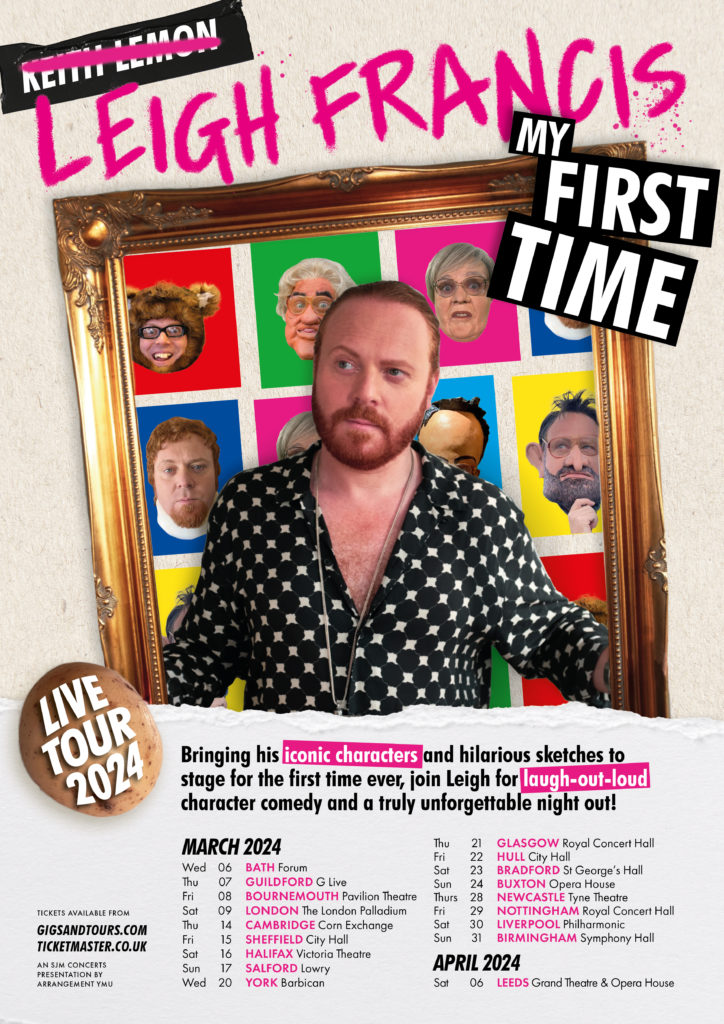
Yorkshire comedian of the week: Leigh Francis, My First Time, York Barbican, March 20, 7.45pm
LEEDS comedian, radio presenter and Bo’ Selecta! sketch show regular Leigh Francis is the scabrous, scatological, sometimes rubber-faced humorist behind the characters Keith Lemon, The Bear, Avid Merrion and Amanda Holden’s ‘gran’, Myrtle, along with celebrity impressions of David Dickinson, Ant and Dec and Louis Theroux.
All feature in Francis’s debut venture into the live environment in a tour show that combines sketches with buckets of audience interaction. “Come see me being other people live for the first time!” he says. Box office: yorkbarbican.co.uk.

Dance show of the week: Giovanni Pernice, Let Me Entertain You, York Barbican, March 21, 7.30pm
GIOVANNI Pernice, the Sicilian dancer from Strictly Come Dancing and BAFTA winner, returns to York Barbican on his 2024 tour, Let Me Entertain You.
Pernice, dancer, performer, showman and Guinness World Record holder for jive kicks and flick to boot, will be joined by fellow professional dancers and West End performers in a show of non-stop action. Box office: yorkbarbican.co.uk.
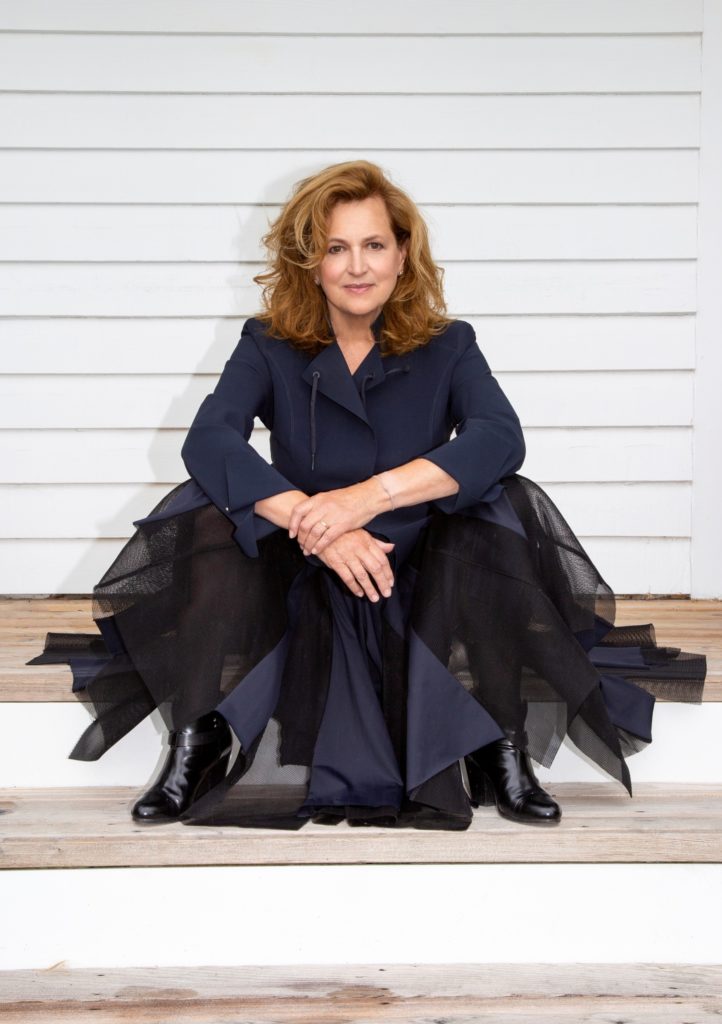
Gig announcement of the week: Barbara Dickson & Nick Holland, All Saints Church, Pocklington, October 4, 7.30pm
IN this special acoustic performance, Scottish folk singer Barbara Dickson and her pianist Nick Holland will explore her catalogue of songs in the intimate and historic setting of All Saints Church.
The pair let the words and melodies take centre stage as they perform material drawing on Dickson’s folk roots, contemporary greats and her classic hits, Answer Me, Another Suitcase In Another Hall, Caravan and I Know Him So Well. Box office: barbaradickson.net.

